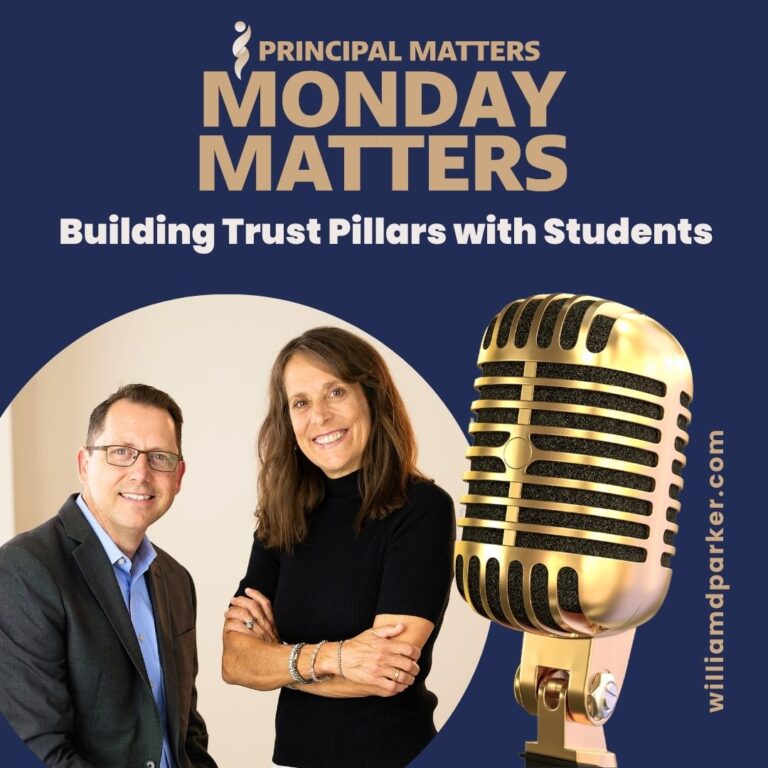Podcast: Play in new window | Download
When I was a junior high student, I remember feeling pretty clueless about what to expect in high school. Sometimes my teachers would tell me to expect to be treated like a number. At other times, they would warn us that if we were unprepared, we could expect a dismal future.
Over the years, I’ve noticed that whatever stage of education students are in, we often try to motivate them by either the heights they can achieve or the dismal experiences they will suffer without a good preparation. We often appeal to either their pride (what’s in it for me) or their fear (what dreadful thing happens if I don’t do this).
I’ve often wondered if there is a third or better alternative.
This past weekend I heard a talk from Jerry Root, a visiting professor from Wheaton College, and a renowned expert on the works of C.S. Lewis, and author of The Surprising Imagination of C. S. Lewis: An Introduction. Root touched on these same competing tensions in his talk.
Root has spoken to more than 60 colleges and 11 countries on the themes and lessons found in Lewis’s works. Modern audiences know C.S. Lewis most often for his Chronicles of Narnia series, but Lewis was a prolific author, speaker, and apologist. Root has read every published work by C.S. Lewis.
Pride or Fear?
At one point in his talk, Root said he had come to believe C.S. Lewis was wrong about one thing. Lewis taught the root of all wrong choices begins with pride—the self-centered, arrogant, haughty kind of thinking that motivates us to choose options based on our own comfort, prestige, vanity, or self-promotion.
Root said he believes, however, that a greater cause of evil is based in fear—the anxieties, worries, despair, or false assumptions that make us doubt truth, goodness, or God’s love. Or just as bad: to live as if those virtues don’t matter.
As I listened to him debate Lewis’s ideas, I wanted to tell him that maybe they are both right.
I once heard another talk by Timothy Keller, author of the book, Gospel in Life: Grace Changes Everything, where Keller contended that these competing tensions (pride and fear) are both at the root of every poor decision we make in life.
I’ve talked about this in other posts if you want more thoughts on how these competing motivations often play out in our leadership. For the sake of my next point, let’s concede that both pride and fear are problematic.
If that’s the case, is there a third option to pride or fear? Keller offers the solution. He calls this third option beauty or virtue. I like to refer to this third alternative as awe or wonder—when we are so smitten by the awesome, wonder-filling, glorious interaction of goodness, truth, or God’s grace that we choose what is right rather than be motivated by fear or pride
So what does this have to do with education or school leadership? For the educator, we believe that knowledge, understanding, science, mathematics, literature, history, music—or whatever subject you study—is stimulated and learned best through curiosity, discovery, creativity, and innovation.
If our approach to teaching or school leadership is based on pride “What’s in it for me?” or fear “How can I avoid pain or discomfort?,” we may try to motivate others with incentives or consequences that ultimately lead to simple compliance, burnout, or despair.
But if our learning, working, and educating are motivated by the incredible wonder, awe, and beauty found in the very subjects we are teaching—or if the environments we are cultivating lend themselves to innovation, creativity, and discovery–then a new world opens to the imagination. Learning becomes something we enjoy so much we can’t help but be motivated or want to motivate others.
Yes, learning is and always will be hard work. Rigor is essential. But relevance is also essential. I remember one year when I was teaching high school English to 11th graders. We had studied a unit on world philosophies and how these mindsets connect to historical and modern expressions found in music, movies, or literature.
One day a high school junior girl came into class and said, “Mr. Parker, you’ve ruined the way I see movies!”
“How’s that?” I asked.
“Now when I watch movies, I can’t help but wonder what perspective the movie-makers have or what they’re trying to convince me to believe. I’ll never be able to watch a movie the same again!”
We laughed together as I realized she was proud of her ability to think about her entertainment for the first time. On the one hand, I may have hurt her ability to enjoy the magic of a movie. On the other hand, I was encouraged to know she was aware that stories have meaning. And sometimes you have permission to disagree with others even when they’re amazingly persuasive. What a great life lesson!
Conclusion
As you are starting another week of school or launching another semester or beginning a new school year, don’t forget to take a moment to reflect on your motivations. Are you simply trying to control chaos? Is your goal to prevent all conflicts or difficulties? Are you determined to reach your highest personal goals or climb another rung on the ladder of success? These motivations may produce good results or they may lead to frustration and burnout.
The bigger question is this: How will your decisions, meetings, schedules, lessons, and goals push you and your students toward the wonder of learning?
Now It’s Your Turn
I know I need reminders to protect myself from the competing forces of fear and pride. What kind of environment can you create for students when by basing your motivations on the wonder and awe of learning?




